Social media strategies for hotels are currently just as important as in other sectors. Effective social media marketing in the hotel industry can elevate your brand profile, increase website traffic, and boost reservations. Engaging with hotel guests via social media is a great way to gain valuable feedback and encourage customer loyalty. In this article, you’ll learn eight social media strategies that work.
Table of Contents:
- What Is Social Media Marketing?
- How Significant Are Social Media Strategies for Hotels?
- 8 Social Media Strategies for Hotels
- Analytics & Competitor Tracking
- Seasonal Content Planning
- Connect Your Social Media Profile to a WhatsApp Business Account
- Maximize the Use of Video Content
- Tailor Content to Each Social Media Platform
- Optimize Your Social Media Strategy with a Content Calendar
- Take Advantage of Pinterest
- Connect Google Business to Your Website and Social Media Accounts
- Social Media Strategies Hotel Owners Can Not Miss
What Is Social Media Marketing?
Social media marketing uses social media platforms to build brand awareness through connection with an audience, growing sales, and boosting traffic to your website. High-quality content distributed via your profiles, engaging with your audience, obtaining feedback, conducting analysis, and running ads on social media. Currently, the biggest social media platforms are Facebook, Twitter, and LinkedIn; image-oriented platforms Pinterest, Instagram, and Snapchat; and video platforms YouTube and TikTok.
In today’s world, social media has many different uses for business. A business might monitor social media engagement to find out how people see its brand, by looking at social media conversations and responses. A business can use social media analysis tools to analyze sales, public engagement, and social media reach. A business must reach a particular segment, running tightly targeted social media advertising to capture its attention.
Video: What is Social Media Marketing
How Significant Are Social Media Strategies for Hotels?
Social media has evolved into a crucial advertising platform for the hospitality industry. Greater computer literacy, widespread cell phone usage, and access to the internet have all led to almost universal adoption of social media by the public. Social media offers unprecedented levels of connection between businesses and their consumers. Social media has changed how businesses engage with branding, marketing, and advertising. As well as technological development, transportation changes and how people travel have also transformed the hospitality industry and its consumer interactions, with social media as a driving force.
The hospitality trends have grown and changed dramatically in recent years. How people travel has been transformed, with more people traveling for work, business, medical care, education or simply for pleasure. Social media platforms have altered how people choose, book, and communicate with their hotels. Payment methods have also changed. There’s also a downside to social media: a weak strategy can rapidly negatively impact your image.
8 Social Media Strategies for Hotels
It is essential to research and be aware of the best practices of all the social media channels in which you decide to have your business presence. Social media marketing has become a crucial part of hotel marketing strategies. There are some additional tips and strategies you can use to increase the social traffic of your profiles online.
Analytics & Competitor Tracking
Analytics are crucial to your social media strategy. You need to track what works for your brand and what doesn’t. As well as your own analytics, you should also examine your competitors’. For example, you might find that your video content outperforms your platforms’ blog posts. You might notice that a competitor capitalizes on local events by promoting them. You can use this information to tailor your own strategy to be more effective.
You can use many tools to see how competitor content is performing. Rival IQ and Social Media Tracker are just two examples, allowing you to look into post engagement and follower trends. You can use this information to identify patterns, giving you a clearer idea of what interests your audience. Additionally, you should research hashtags to leverage the power of platforms such as Instagram and Twitter for greater visibility and reach.
Seasonal Content Planning
When developing a social media strategy, keeping seasonality in mind is vital. This can mean making posts on different holidays. It can also mean tailoring your posts for the peak, mid-season, and low seasons. Your content should change depending on your goals at that specific time of year.
During the low season, publicizing promotions or thematic packages is a great use of social media. During the high season, your messaging could focus on the popularity of your resort, encouraging customers to book early so they can enjoy the high season next year. When revenue is lower, you can use your property management system to understand why and use paid social media ads to address this.
Connect Your Social Media Profile to a WhatsApp Business Account
WhatsApp has two billion users worldwide, making it an enormously powerful business platform. Primarily designed for text chat, WhatsApp allows you to share images, videos, and files. The WhatsApp Business app can be a great tool. This lets you register your brand, making it easier for your target audience to find you. Your WhatsApp account can be connected to your other social media accounts, giving your customers a quick and easy way to communicate professionally.
This also provides you with direct contacts, facilitating targeted promotions and campaigns. Your WhatsApp profile can contain links to your website and other social media, contact information, and a profile picture. You can also create a WhatsApp business catalog, with images and descriptions of your services. WhatsApp’s convenient away message feature means that people contacting your business will always get an immediate reply.
Maximize the Use of Video Content
Video content has become hugely important in today’s social media landscape. Most social media platforms support video content, and some — like YouTube, IGTV, and TikTok — focus on a video entirely. Video content encourages people to linger on a page, grabbing their attention and inspiring further engagement. Your social media strategy should include high-quality videos, which will improve your reach on platforms like Facebook and Twitter.
Posting video content improves your brand’s organic reach, something that’s vital as the algorithms used by social media platforms tend to diminish organic reach. Tailor your video content to a specific platform. Longer, more informative videos are perfect for platforms like YouTube, while TikTok’s short-form model makes it perfect for fun snippets with a personal angle.
Tailor Content to Each Social Media Platform
Different social media platforms attract different audiences. It’s essential to tailor your content to the appropriate demographic. LinkedIn is oriented towards business, for example, so your content for that platform should focus on features that will interest professional travelers, conference organizers, and so on. TikTok is popular with a much younger crowd who’ll want to know about fun activities in the local area, while Facebook’s more mature user base may be looking for family getaways and leisurely sightseeing trips.
Twitter’s short-form model lends itself to short, punchy messages, while Pinterest and Instagram focus on beautiful visuals and aesthetics. While a longer text post might be perfect on Facebook, it would sink without a trace on Instagram. Tailor your content accordingly.
Optimize Your Social Media Strategy with a Content Calendar
Posts that quickly garner engagement are great, but your social media strategy needs long-term goals. That’s where a content calendar comes in. A content calendar gives your social media strategy structure, helping you identify the content types that will perform best and when they should be posted.
A content calendar will also help you tailor your content to your different platforms. Young people on Instagram or TikTok may travel during the school holidays, while business travelers might look for facilities during the off-season. Consider the different audiences you want to target when planning your content calendar so that each channel’s content is optimized for that specific platform.
While the structure is important, your calendar shouldn’t be too rigid. User-generated content, live content and other unscheduled content should also feature when it’s relevant. Don’t ignore the “social” element of “social media” — give your audience timely and relevant posts to engage with.
Take Advantage of Pinterest
Pinterest, an image-sharing platform, is tailor-made for hotel social media strategies. Pins (posts) link photos on the site to specific web pages. Pins can be saved and re-pinned (shared) by users, increasing the opportunities for viewers to see your hotel’s pins. This gives Pinterest users a higher chance of discovering information about your hotel. Your pins should showcase appealing features so that people will click through and learn about your services, rooms, concierge, spa, restaurant, and other facilities on your website. Having an Instagram and a Pinterest account is a good idea, as the platforms have different purposes and distinct user bases.
The main difference between Pinterest and Instagram can be summed up in one word: “aspiration”. Instagram is chiefly used to document exciting experiences at the moment. Pinterest is used more to showcase places the user would like to experience in the future. Pinterest’s core demographic is women over 40 and under 50, earning over $50,000. These are often mothers and spouses who will be planning family vacations or getaways with their partners. Despite the prevalence of more mature users, millennials also use Pinterest at more or less the same rate that they use Instagram. While Instagram allows you to reach people by engaging with influencers, Pinterest allows you to connect with the mother booking that summer break.
Connect Google Business to Your Website and Social Media Accounts
A key first step when you plan your hotel’s social media marketing strategy is to claim your hotel’s Google My Business Profile. You’ll need to do this for every location. For those involved with a large chain, it’s also important that the information on all your platforms is consistent: your business profiles, social media profiles, and websites should all agree.
Claiming your My Business Profile on Google allows your hotel to show up in Google’s search results in your own Knowledge Panel. Knowledge Panels are extremely valuable to businesses. They incorporate many useful information for users, such as links to your website and social media profiles. Google My Business is an important part of your SEO strategy, as it is relevant to all three local ranking factors that Google uses. Your information needs to be correct, and ensure that the category you use to describe your business is accurate.
Social Media Strategies Hotel Owners Can Not Miss
The article“7 Social Media Marketing Tips to Promote Your Hotel” provides tips for creating a killer hotel social media strategy. You’ll learn about planning your social media activities, setting meaningful and achievable goals, how to engage with your audience, and why you shouldn’t overload your audience with too many posts. You’ll discover ways to maximize bookings and revenue while developing customer connections that translate into repeat visits. This will get your social media endeavors off to a great start.
Engaging with your guests through social media is a compelling way to develop your customer base. As well as promoting your hotel to new visitors, social media allows you to build lasting connections with your customers, translating into repeat visits and recommendations. Social media is here to stay — make sure your business takes full advantage.
More Tips to Grow Your Business
Revfine.com is a knowledge platform for the hospitality & travel industry. Professionals use our insights, strategies and actionable tips to get inspired, optimise revenue, innovate processes and improve customer experience. You can find all hotel & hospitality tips in the categories Revenue Management, Marketing & Distribution, Hotel Operations, Staffing & Career, Technology and Software.This article is written by:
Hi, I am Martijn Barten, founder of Revfine.com. With 20 years of experience in the hospitality industry, I specialize in optimizing revenue by combining revenue management with marketing strategies. I have successfully developed, implemented, and managed revenue management and marketing strategies for individual properties and multi-property portfolios.

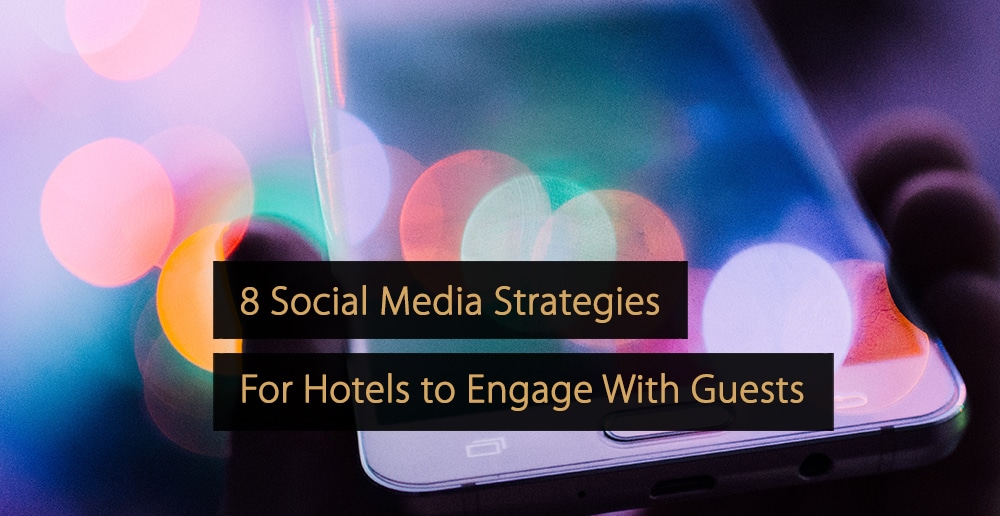

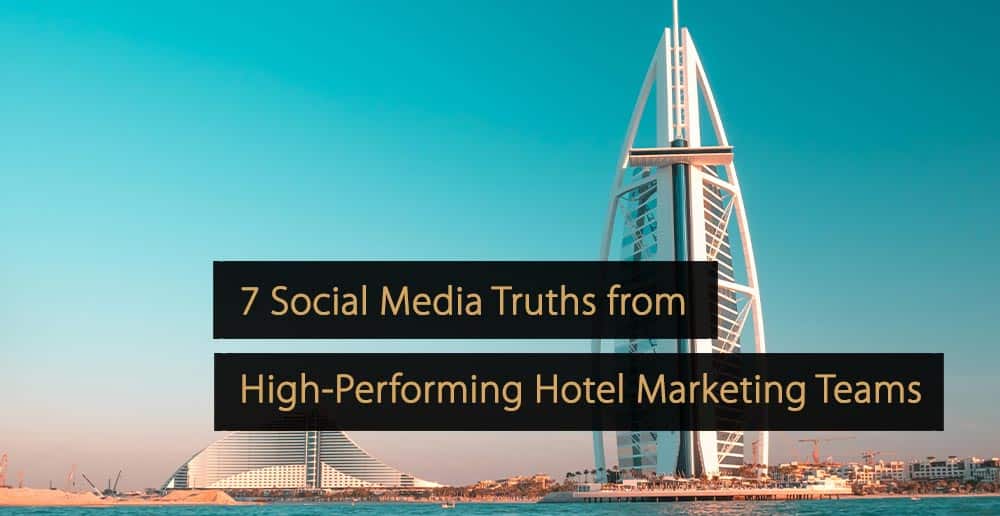
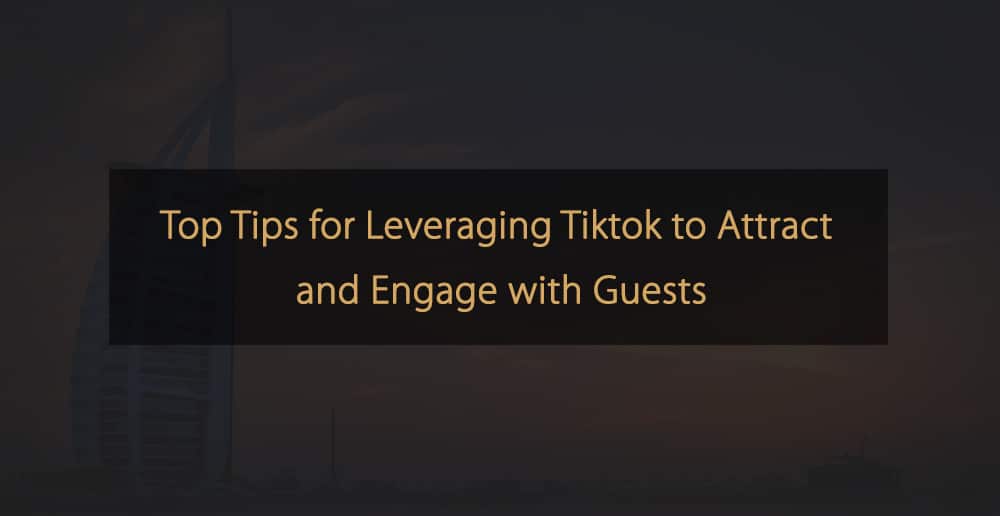
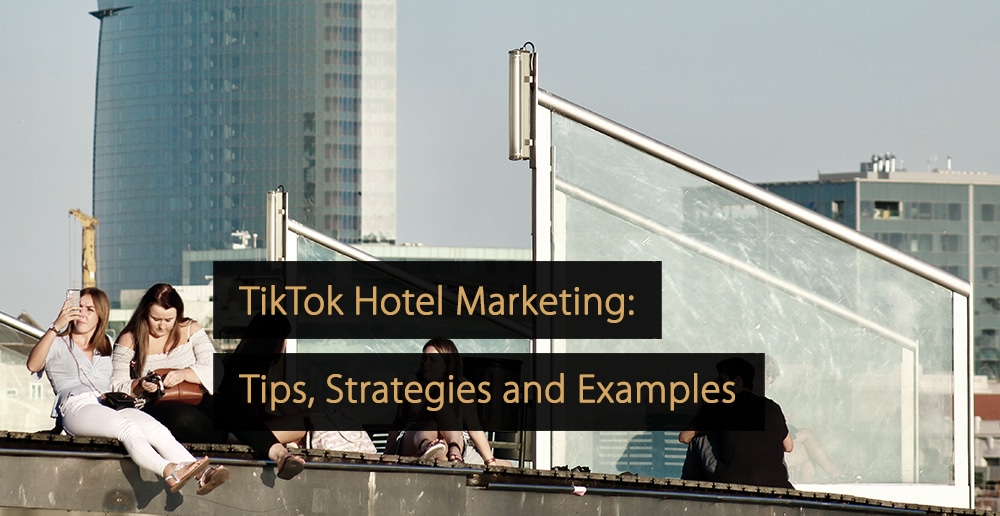
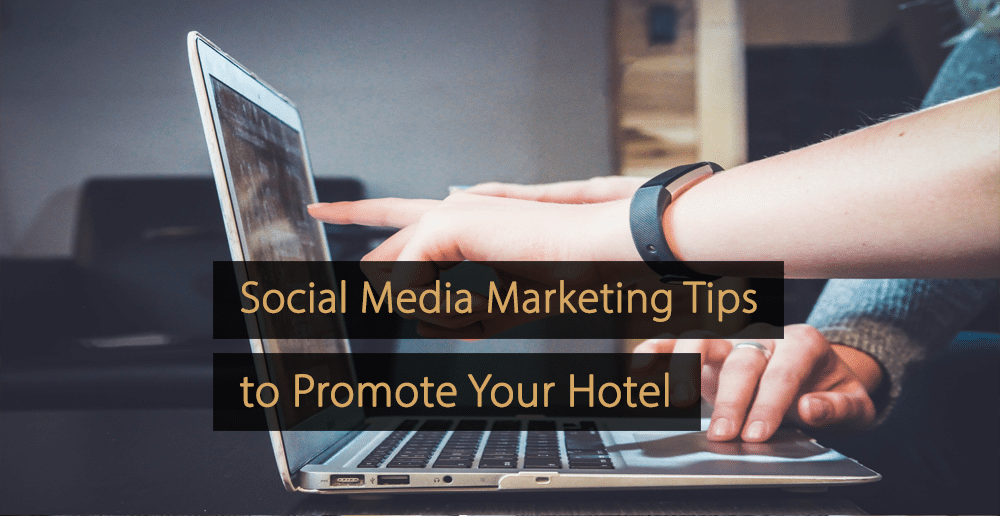
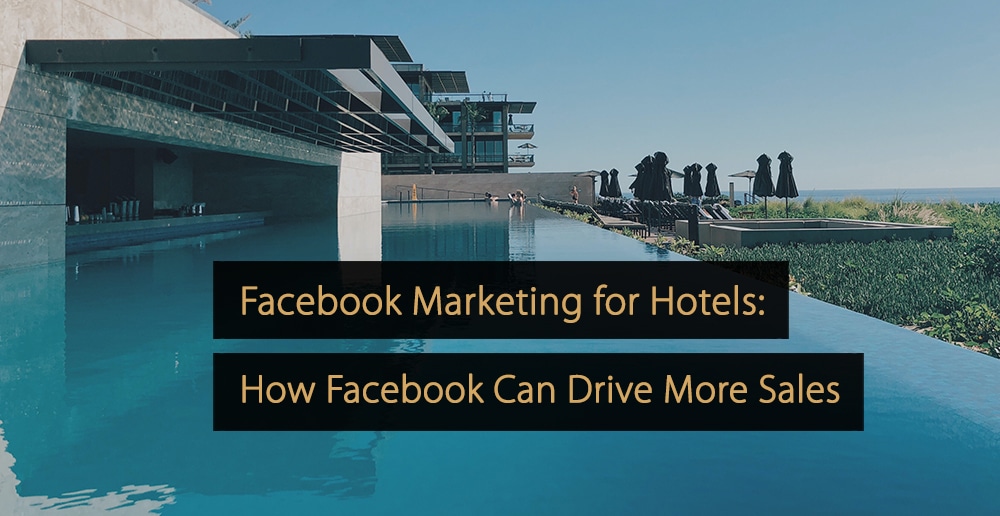
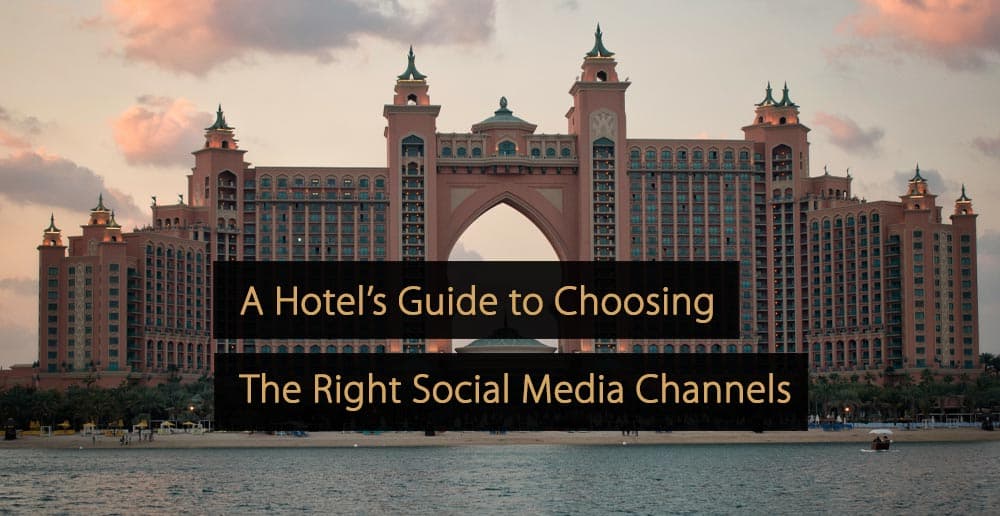
Leave A Comment